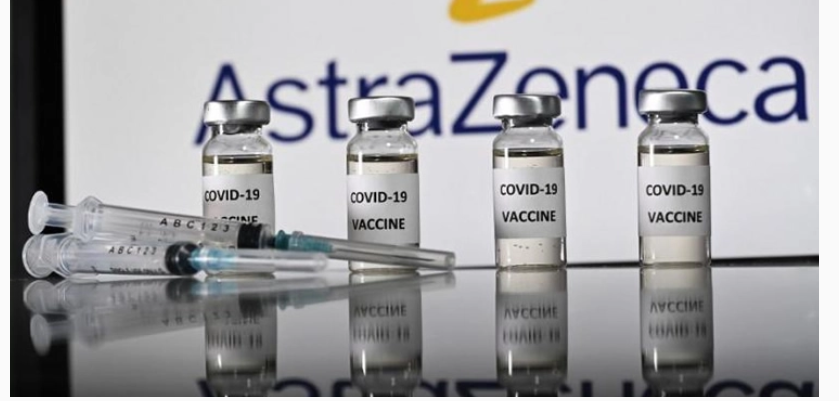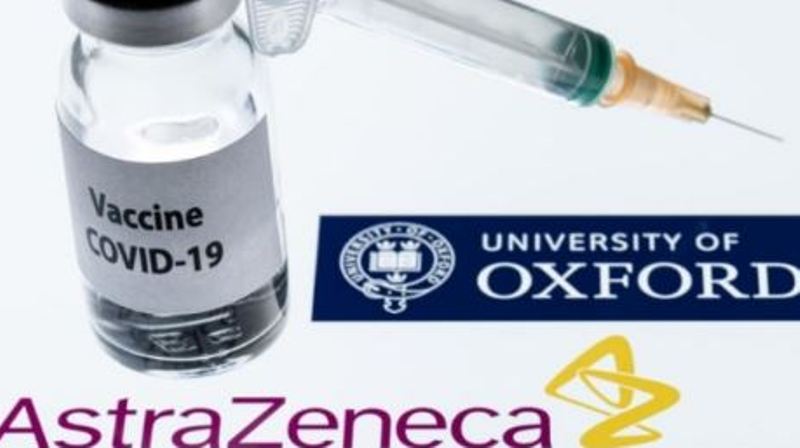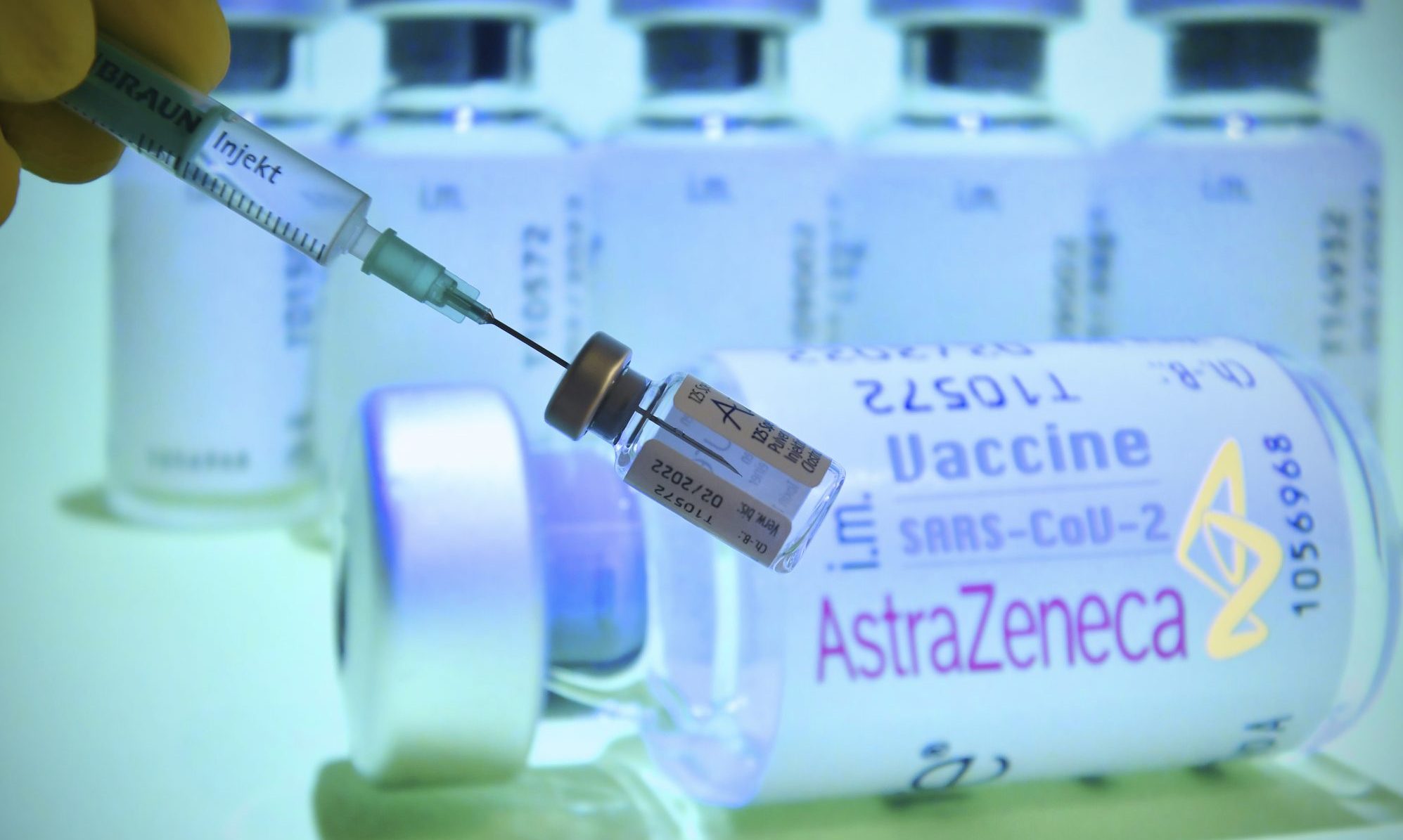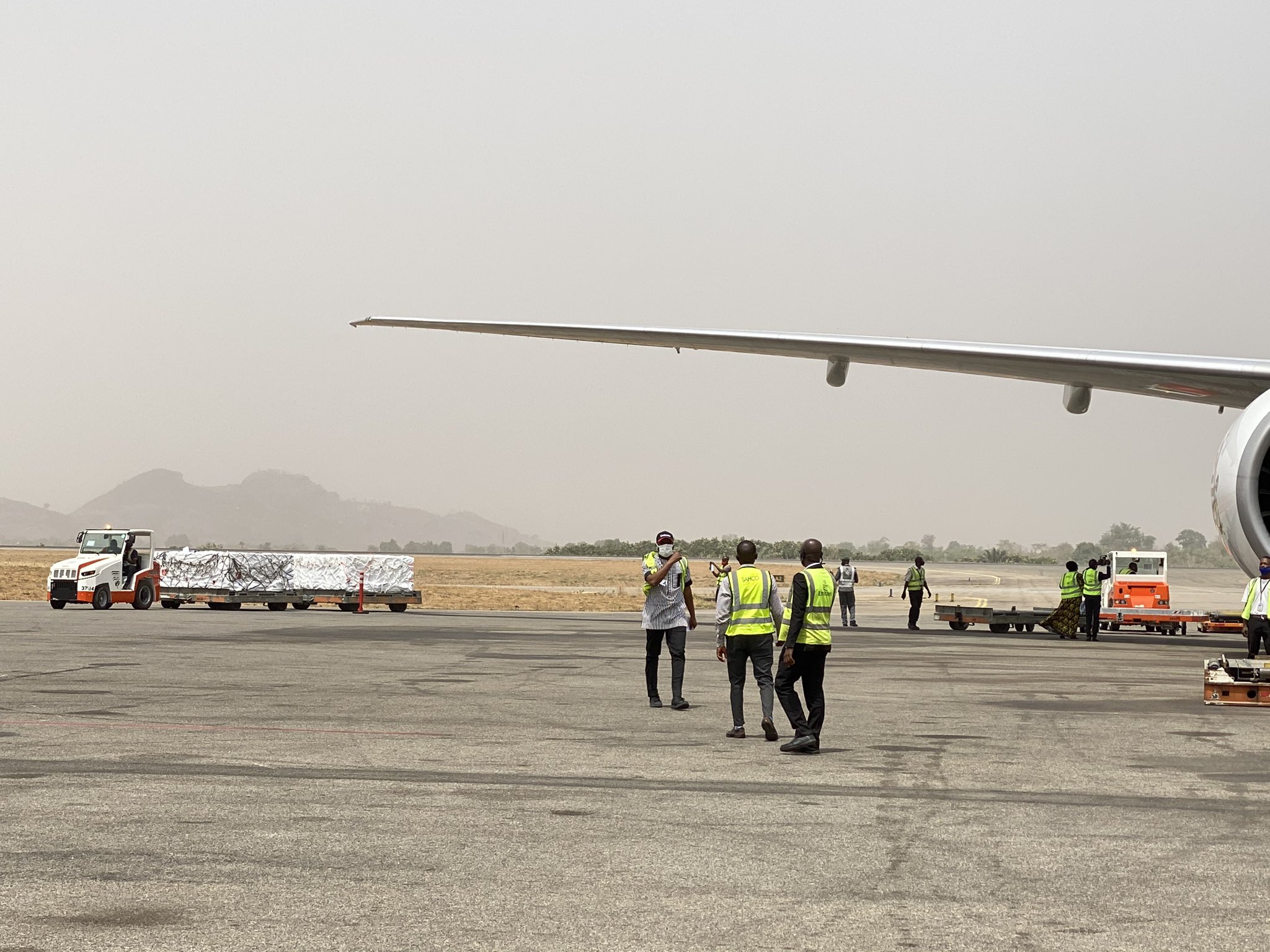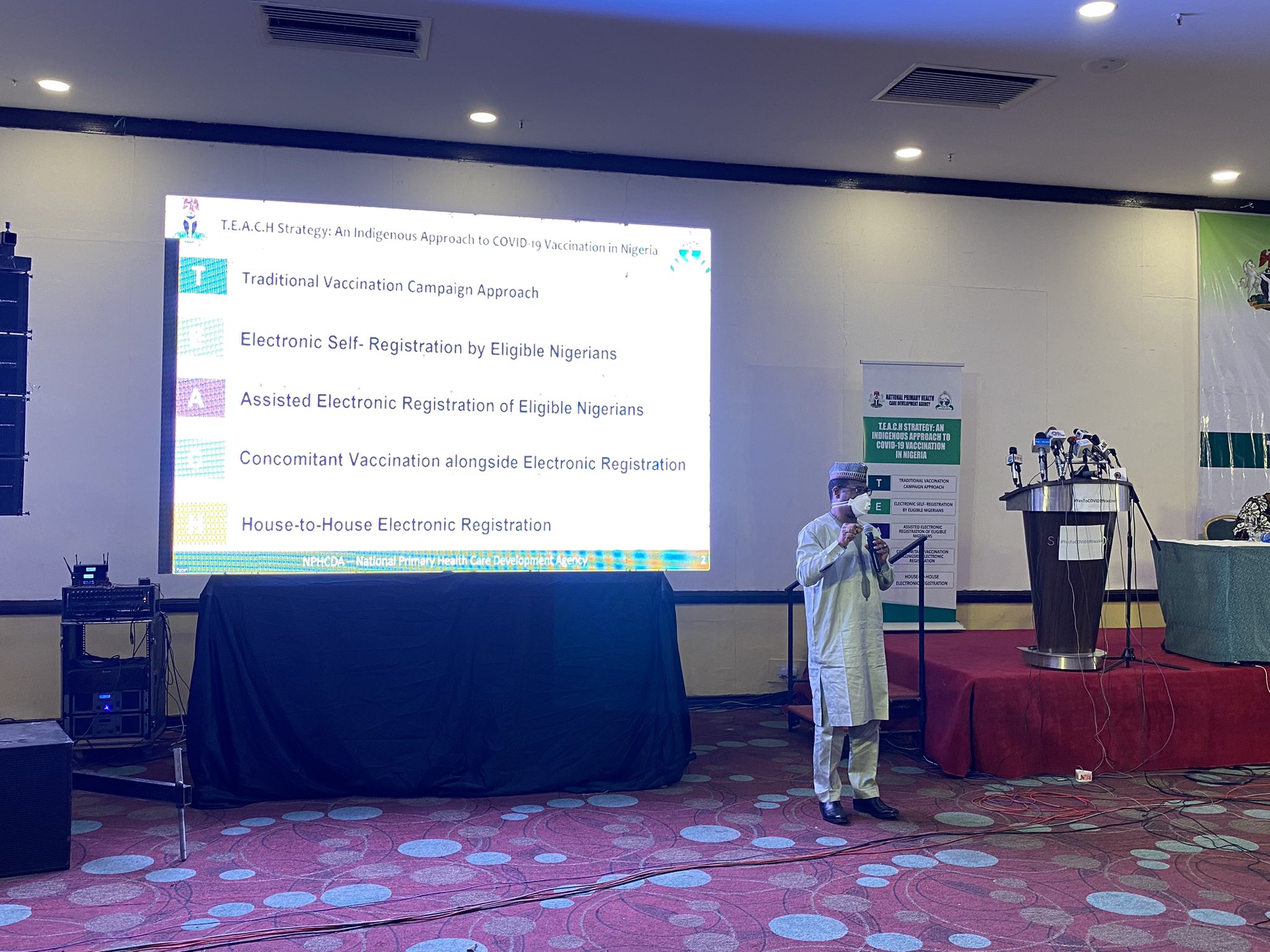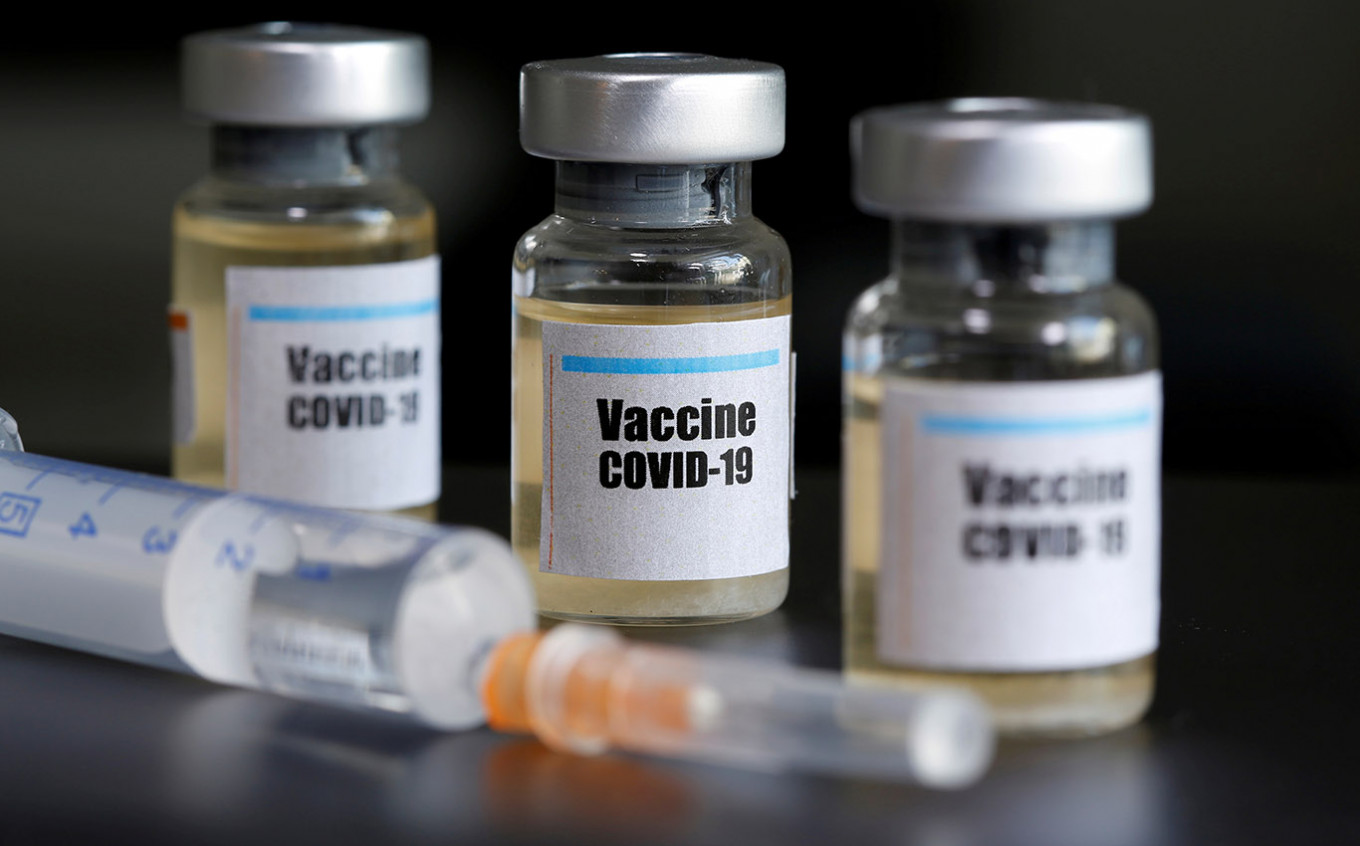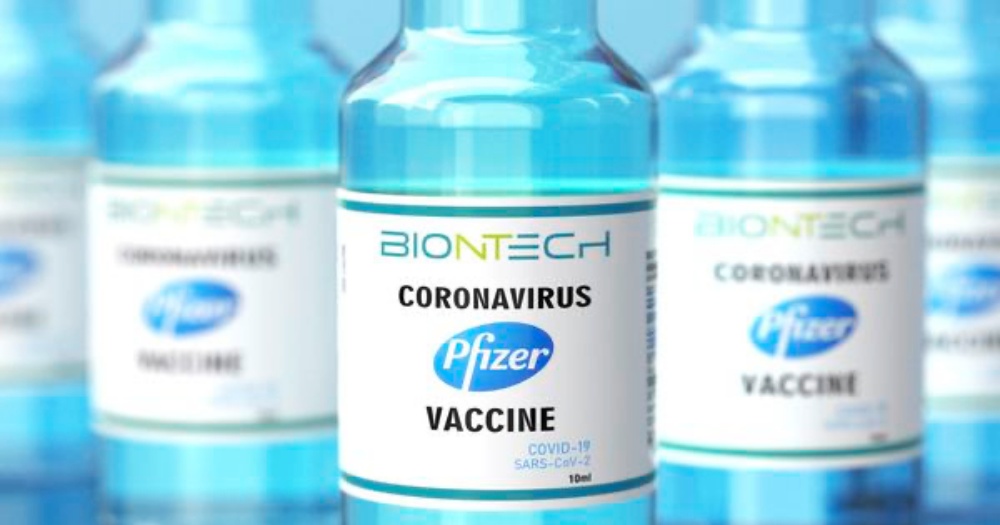The National Primary Health Care Development Agency (NPHCDA) says Nigeria will receive 29.8 million doses of Johnson and Johnson (J&J) COVID-19 vaccine.
The NPHCDA Executive Director, Dr Faisal Shuaib made this public on Monday during the Presidential Steering Committee (PSC) briefing on COVID-19 in Abuja.
“The Federal Government has signed off to receive up to 29.8 million doses of the Johnson and Johnson COVID-19 vaccines through the African Union platform,” he said.
Shuaib said the country was also expecting deliveries of vaccines through the COVAX facility by the end of May or early June.
”By this time, the country would have completed the process of administering the second doses of the Oxford-AstraZeneca COVID-19 vaccines already on ground.
“Having received 3.94 million doses of the Oxford-AstraZeneca vaccines in early March, Nigeria commenced vaccination beginning with healthcare workers,” he said.
Meanwhile, the NPHCDA boss, said vaccination against COVID-19 was still ongoing in all states of the Federation.
He said the country had vaccinated 1,175,285 eligible Nigerians as of April 26, adding that the figure represented 58.4 per cent of people eligible to receive the vaccines.
“Our collaboration with health officials and other stakeholders at the national, state, LGA and community levels in the vaccination exercise has yielded substantial result,” the NPHCDA executive secretary said.
Shauib said that the government was aware of the global scarcity of COVID-19 vaccines due to high demands.
He said the scarcity would affect the remaining phases of the vaccination campaign in the country.
“We are aware of the global scarcity of COVID-19 vaccines due to high demands especially in countries where vaccines are being produced.
“We therefore anticipate a delay in vaccine supply to Nigeria which may also affect and impact the remaining phases of the vaccination campaign.,” he explained.
The Federal Government plans to vaccinate 109 million people against COVID-19 virus over a period of two years.
It reports that only eligible population from 18 years and above will be vaccinated in four phases.
Meanwhile, the J&J COVID-19 single-dose vaccine is compatible with standard vaccine storage and distribution channels with ease of delivery to remote areas.
The vaccine is estimated to remain stable for two years at -4°F (-20°C), and a maximum of three months at routine refrigeration temperatures of 36-46°F (2 to 8°C).
The U.S. Centres for Disease Control and Prevention and the US Food and Drug Administration recently approved the suspension of administering the J&J vaccine over six reported U.S. cases of a “rare and severe” type of blood clot.
According to a joint statement on Tuesday from Anne Schuchat, CDC Principal Deputy Director and Peter Marks, FDA’s Center for Biologics Evaluation and Research Director, the six cases occurred among women aged between 18 and 48, while symptoms occurred within six to 13 days after vaccination.
The suspension was however lifted on the J&J COVID-19 vaccines after 10 days, but with a directive that a warning label should printed on it about the potential for extremely rare blood clots.
The European regulators in April also linked similar, highly unusual blood clots to the AstraZeneca COVID-19 shot, but found the benefits of the drug outweighed any risks.

